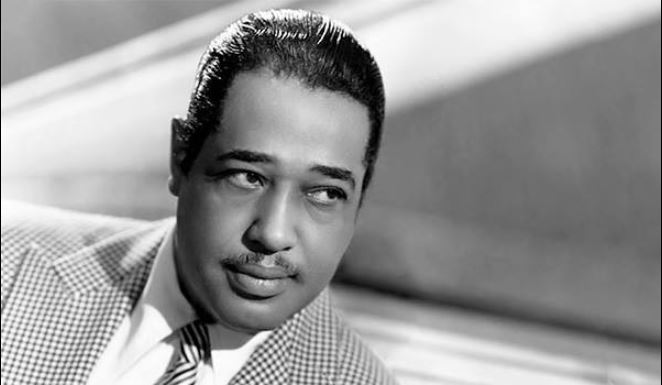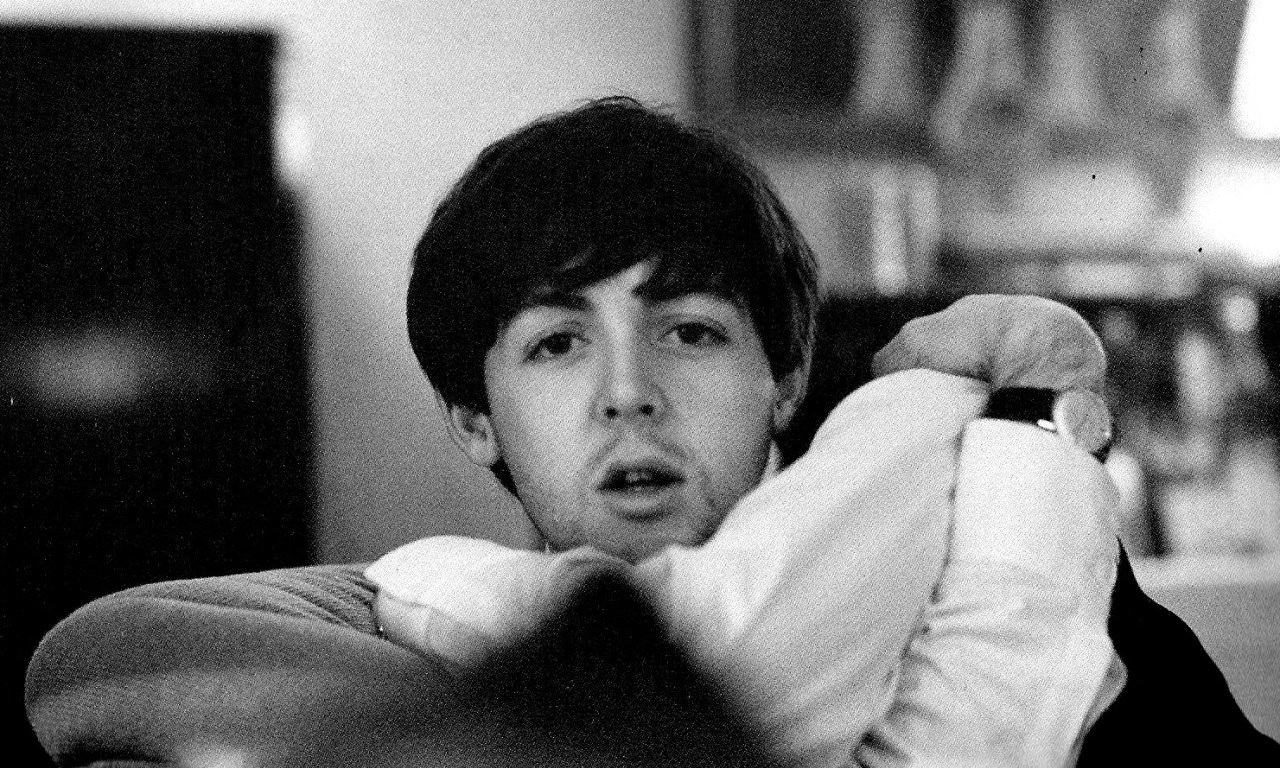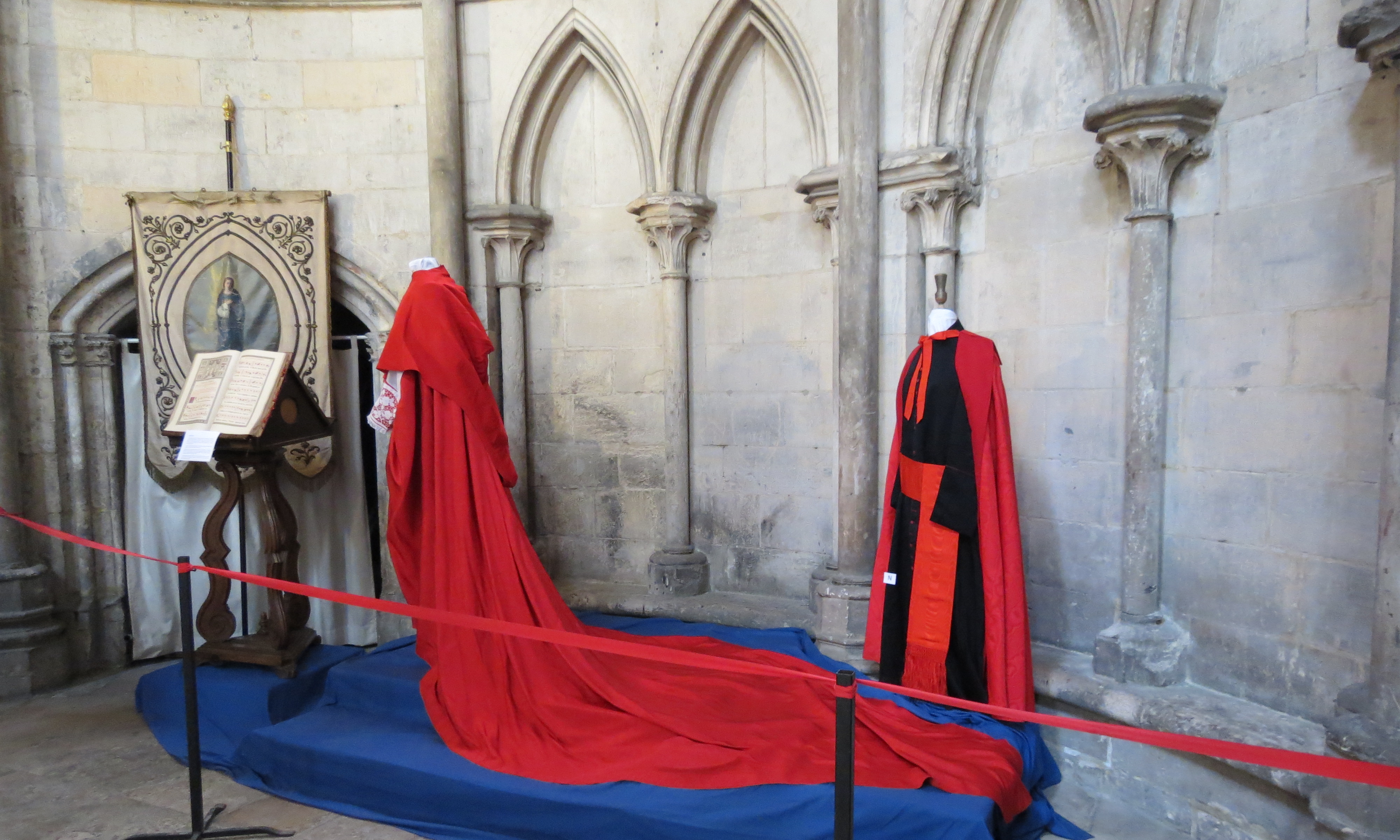It all started very innocently.
Vulture published a list ranking all of the songs recorded and released by the Beatles in ascending order, and while I’d never been a Beatle maniac, I was enough of a fan to be interested; it was fun to look back, particularly on the earlier Beatles music which I had all but forgotten.
The list surprised me for all I was unfamiliar with, so I began to look songs up and listen, either on streaming services or You Tube, and found myself gravitating to what had not been touched-up; remastered material usually strikes me as being too bright and brittle — unrepresentative of my memory of their sound. Sometimes I even prefer the unfinished takes, as with this pretty and simple “Here, There, and Everywhere”.
Apparently I had stopped listening closely to the Beatles sometime before Revolver, because that McCartney gem and “For No One” — two songs which perhaps would not have appealed much to me as an 8 year old — just completely knocked me out. I developed a burning earworm of “HT&E”, right down to the fingersnaps, and it stayed with me for for two solid weeks. I didn’t really mind.
So, I’ve been listening to a lot of old Beatles stuff, and arguing with the Vulture list in my head (“If I Fell” deserves to be higher than #62 on the strength of that heavenly and hypnotic, intimate and wholly unmatched Lennon-McCartney harmony, alone), and its’ been fun, although seeing old videos of young women completely out of their heads, letting loose of repressed or pent-up sexual energy — and the increasingly powerful strange god of the zeitgeist that it helped along — is sometimes disturbing.
This weekend, I watched Ron Howard’s recently-released documentary on the group, “Eight Days a Week: The Touring Years” on Hulu. It is incredibly well done and gives the viewer a better sense of the unprecedented, often chaotic (borderline dangerous) energy that followed the band. I had a smile on my face through most of it, but it was again disturbing to see the way girls and women reacted to the Beatles — howling, screaming, fainting. I’ve never understood it. One of my sons, walking through the room while the scenes blared, observed that it seemed “almost supernatural.”
But yesterday, I stumbled on this video, which I nearly cut short and moved away from before I hit the 1:00 mark and watched Paul McCartney deliver a scorching hot vocal on “Kansas City” full of his Little Richard screams. “Wow, that’s good,” I thought. After George’s brief solo, McCartney belts out “Hey, Hey, Hey, Hey” in a voice that’s open and loose and most importantly, free in the way only something authentically rooted in joy can be so fearlessly, confidently flung forth.
Reader, I screamed.
Sitting at my desk, reeking of arthritis creme on my hands, when the singer let loose those meaningless words, and Lennon and Harrison started their call-and-response I was gone, baby, gone for the rest of the song.
This is not like me. I pondered it while replaying the video again and again, and I think I figured out at least part of the phenomenon — a three-part, yet incomplete, reason why the Beatles elicited such a primal response as to take women out of themselves and gush forth feelings of “love, love, love” (because there’s nothing you can know that can’t be known…).
The first part is the music itself, which gets the blood pumping and awakens the spirit. The second is the joy the Beatles exuded in their live performances. The boys often said all they wanted to do was play, and that shows all over them.
The bald joy is no small thing. In fact, it’s incredibly powerful. When people are co-operating with the gifts they’ve been given, whether it’s Vladimir Horowitz at the piano or Jackson Pollock throwing paint, or James Joyce laying out his Irish complexities — or even a born nurturer like my Mother-in-Law finding her greatest joy in serving others — they expose their essential selves, even if they don’t mean to, and we are mesmerized by what we see. It’s like watching a struck match being thrown with abandon into the mysterious fuel of God’s eternally aflame creative energy; it brings forth a full-on encounter with the deepest essence of another which has been willingly, almost recklessly and needfully exposed out of a compulsion to consume and be consumed within this driving love.
When what is being exposed is the naked joy of consummation and fulfillment, the girls can’t help it; the boys can’t help it. Everyone screams.
Please please me…
There is a reason why, after receiving Holy Communion, so many Catholics find themselves moved to tears. It, too, is a consummation and a fulfillment, one between Creator and Creature, where Christ has exposed his essence to us — his love “recklessly and needfully exposed” to us through the sacrifice needed to manifest and give release to God’s driving love. It’s just a quieter, more intimate encounter, and one that does not lead us toward strange gods unless we’ve decided to make idols of the rules and rubrics involved in getting there, and then — like a pharisee pleased to be so pleasing to God, losing out on the fullness of the experience.
If that thought of consummation and fulfillment seems too sexual for comfort, it really shouldn’t. Christ pursues us like a lover, in order to be completely intimate with us down to our very essences. He wants us to know him and cooperate with him as fully as any artist cooperates with his gift or hers, until — in this ardent fireball of mutual give and take — we cannot help but exude a naked joy in him.
This is, as Pope Benedict XVI told us, “the mad eros of the Cross”, which I characterized this way, in my book, Strange Gods: Come to me, and let me love you. Be my bride; accept your bridegroom and let the scent and sense of our love course over and through the whole world through the church I beget to you. … This is the great love story, the great intercourse, the great espousal, and you cannot imagine where I mean to take you, if you will only be faithful … as I am always faithful…
The Beatles brought a mad eros with them, differently ordered, of course, but brilliantly incandescent just the same. It didn’t serve us in any religious or faithful sense at all — some might argue it did quite the opposite — except upon consideration, when we realize “Yes, this is what comes from a wholehearted cooperation with the divine spark placed within each of us: light and energy pour forth…”
So, my son was not too far off when he identified an element of the supernatural amid all of that mania. What matters, of course, is what we do with all of that light and energy. If we are true co-operators with God, the originator of it all, we use it to bring new life into the world. Because life is good; it contains God, who is here, there and everywhere. He is the whole Something across the universe, the antithesis of “nothing” which only can exist where God is not, and for no one.
So, it’s important not to hide your love away.
“Hold me, love me”:
My third point: Watching “Eight Days a Week” it occurred to me that the Beatles “mop top” or “mushroom top” hair style may have had something to do with their effect on women. With their slim-cut suits, the hairstyle gave a sense of them having overlarge heads and huge eyes. Like babies. Despite the perverse and unnatural cult of abortion that is exposing itself in new and ghoulish ways in our politics, the fact is most women respond to babies in innate and primary ways of love. When they’re wailing and cooing and flipping those overlong eyelashes at us, we can’t help ourselves. We want to hold them, and love them, and we believe we will die for them.
You might say they really have a hold on us. Within us and without us, they get all our loving. It’s what goes on.
READ ALSO: “No one was saved”: How Paul McCartney Surpassed Lennon’s Critique With 4 Words



2 Comments
wanderingfox · February 5, 2019 at 1:43 pm
That does get the blood pumping, doesn’t it?
I have always felt an element of eros in the Eucharist: the bridegroom says “This is my body”, referring to all of him, giving everything he is, and then he enters us, and we the Church as the bride bear the fruits of his love. It’s what makes the sacrament so brilliant. In that moment we are closer to Christ than John was when he leaned against him at the Last Supper.
I never thought this before, but I wonder if Jesus, as the ultimate example of co-operation with God, had some screamers among the crowds in his time on Earth. If when he taught, that feeling of bubbling, naked joy and love was just too much for some people. I could believe it.
“…for they will be called children of God.”
*screams from multitude*
"No one was saved": Paul McCartney out-harshed Lennon's Critique with 4 words - The Anchoress · June 18, 2019 at 1:42 pm
[…] made him look a bit like a human anime cartoon, one that people responded to because…well, that’s what babies look like, right? And who can resist a […]